Homeopathic remedies work on the principle of “similia similibus curanter” which means “like cures like”, so our CONSTIGO for PETS is the best Homeopathic Veterinary Medicine for Constipation in pets can due to varied reasons like eating bone pieces, hair, and cloth, paper, grass, age-related, dry feces, etc. It can be acute or chronic and is common to dogs. The discomfort of the dog and the helplessness of the pet owners can be addressed with CONSTIGO, a Homeopathic Veterinary Medicine to treat constipation for any reason.
HOMEOPATHIC DRUGS USED IN THE FORMULATION
Quality and safety are the two important priorities of CONSTIGO formulation. Cost-effective health care with no contraindications or side effects are the added benefits of using a homeopathic remedy.
CHELIDONIUM MAJUS Q(Homeopathic Medicine)
Regular observation of stools for any change in color, consistency, odor, timing, etc., daily is important in pet rearing. If there is a noticeable change in the stools like hard, watery, black, tarry, green, grey greasy, or pasty stools or diarrhea followed by constipation, fermented bowels, or any burning or itching sensation around the anus, it can be easily treated using this drug.
NUX VOMICA 200 (Homeopathic Medicine)
It is advised for pets who suffer from abdominal cramps resulting due to straining during defecation. Even in conditions like small amounts of stools each time or no stools at all, this drug is the best remedy. Constipation which alters with diarrhea due to excessive use of purgatives, frequent unsatisfactory attempts to defecate, irregular peristalsis, the feeling of retained stools, flatulence, spasmodic colic, constricted rectum, etc., this medicine gives satisfactory results. It is contraindicated in case of an absence of desire to defecate.
SULPHUR 200 (Homeopathic Medicine)
Pets being very sensitive to pressure and on high alert due to pain, colic after consuming liquids, and frequent unsuccessful attempts of passing stools followed by hard knotty or little stools can be relieved with the use of this drug. Itching, burning or reddening around the anus and prolonged strained defecation that leads to rectal prolapse in pets can be relieved. Painless diarrhea in the mornings and driving out of bed with prolapsed recti can easily be controlled by using Sulphur 2oo.
LYCOPODIUM 30 (Homeopathic Medicine)
Bloated abdomen immediately after a lighter meal, constant fermenting sensation in the abdomen like yeast growing, shooting pain in the lower abdomen radiating from right to left, inactive or irregular peristalsis, unsuccessful attempts of passing stools, small, hard incomplete stools can be resolved using this drug.
Packing: 30ml.
Contraindication: No known contraindications.
Dosage: 20 drops 3 times a day or as directed by the doctor.
FOR PUPS & KITTENS: 5-10 DROPS TDS
FOR CATS: 10-15 DROPS OF TDS
FOR DOGS (SMALL BREED): 15-20 DROPS OF TDS
FOR DOGS (LARGE BREED): 20-25 DROPS OF TDS
OR AS DIRECTED BY A VETERINARIAN .
TO BE GIVEN FOR 3-5 DAYS OR
AS PER THE SEVERITY OF THE CONDITIONS
YOU MAY REPEAT THE COURSE IF REQUIRED.
Homeopathic remedies work on the principle of “similia similibus curanter” which means “like cures like”, so our CONSTIGO for PETS is the best Homeopathic Veterinary Medicine for Constipation in pets can due to varied reasons like eating bone pieces, hair, and cloth, paper, grass, age-related, dry feces, etc. It can be acute or chronic and is common to dogs. The discomfort of the dog and the helplessness of the pet owners can be addressed with CONSTIGO, a Homeopathic Veterinary Medicine to treat constipation for any reason.
HOMEOPATHIC DRUGS USED IN THE FORMULATION
Quality and safety are the two important priorities of CONSTIGO formulation. Cost-effective health care with no contraindications or side effects are the added benefits of using a homeopathic remedy.
CHELIDONIUM MAJUS Q(Homeopathic Medicine)
Regular observation of stools for any change in color, consistency, odor, timing, etc., daily is important in pet rearing. If there is a noticeable change in the stools like hard, watery, black, tarry, green, grey greasy, or pasty stools or diarrhea followed by constipation, fermented bowels, or any burning or itching sensation around the anus, it can be easily treated using this drug.
NUX VOMICA 200 (Homeopathic Medicine)
It is advised for pets who suffer from abdominal cramps resulting due to straining during defecation. Even in conditions like small amounts of stools each time or no stools at all, this drug is the best remedy. Constipation which alters with diarrhea due to excessive use of purgatives, frequent unsatisfactory attempts to defecate, irregular peristalsis, the feeling of retained stools, flatulence, spasmodic colic, constricted rectum, etc., this medicine gives satisfactory results. It is contraindicated in case of an absence of desire to defecate.
SULPHUR 200 (Homeopathic Medicine)
Pets being very sensitive to pressure and on high alert due to pain, colic after consuming liquids, and frequent unsuccessful attempts of passing stools followed by hard knotty or little stools can be relieved with the use of this drug. Itching, burning or reddening around the anus and prolonged strained defecation that leads to rectal prolapse in pets can be relieved. Painless diarrhea in the mornings and driving out of bed with prolapsed recti can easily be controlled by using Sulphur 2oo.
LYCOPODIUM 30 (Homeopathic Medicine)
Bloated abdomen immediately after a lighter meal, constant fermenting sensation in the abdomen like yeast growing, shooting pain in the lower abdomen radiating from right to left, inactive or irregular peristalsis, unsuccessful attempts of passing stools, small, hard incomplete stools can be resolved using this drug.
Packing: 30ml.
Contraindication: No known contraindications.
Dosage: 20 drops 3 times a day or as directed by the doctor.
HOW TO GIVE MEDICINE
Make sure that the medicine touches the tongue of the pet for faster relief and quick action. Increasing the dose should be avoided; rather decreasing the time intervals between successive drug administrations is advisable. Different methods of administration.
Method 1

Drop the medicine directly on the tongue by opening the pet’s mouth or into the nostrils, to make sure the animal licks it.
Method 2

Introduce the drug along with food like plain rice or bread, which is offered to the pet. Make sure the animal eats the medicine along with the food.
Method 3

Fill an empty 5 mL syringe (needless) with the medicine and distilled water and directly spray on the tongue of the pet or into the nostrils gently. Confirm that the medicine is licked by the pet.
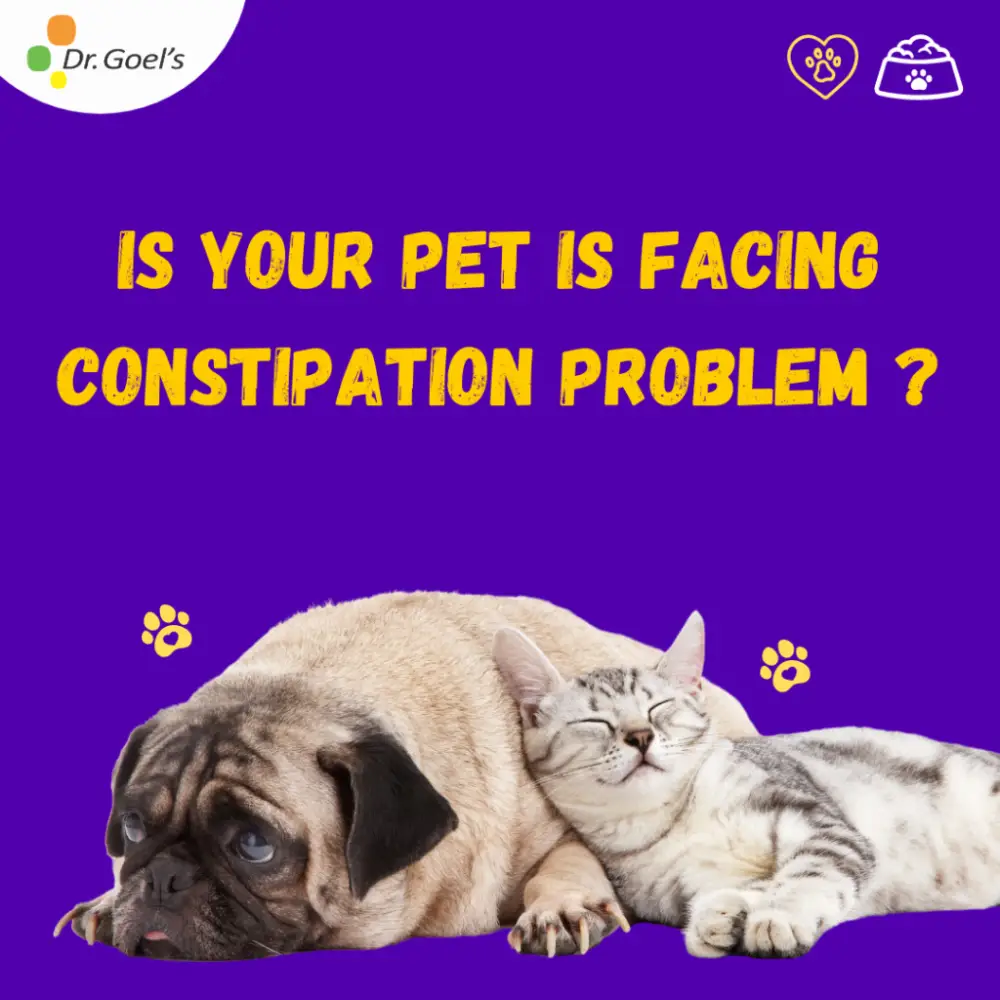
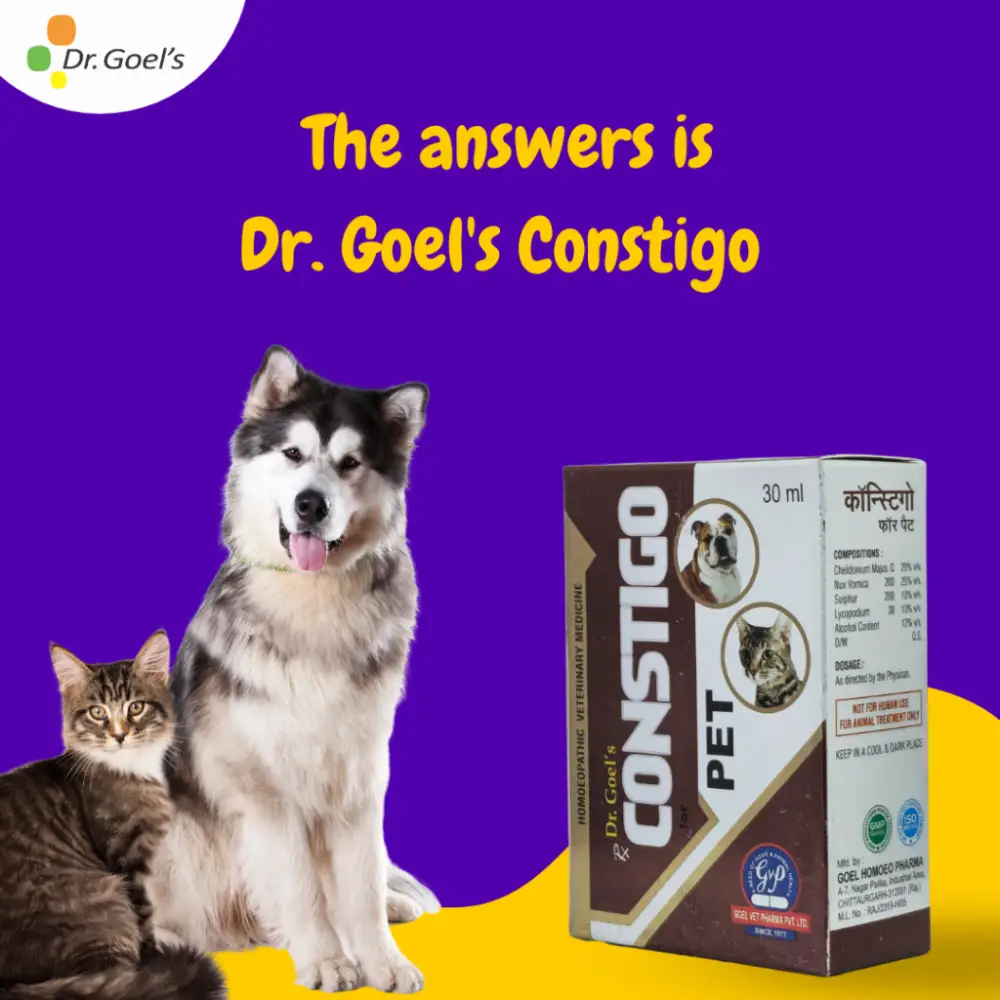
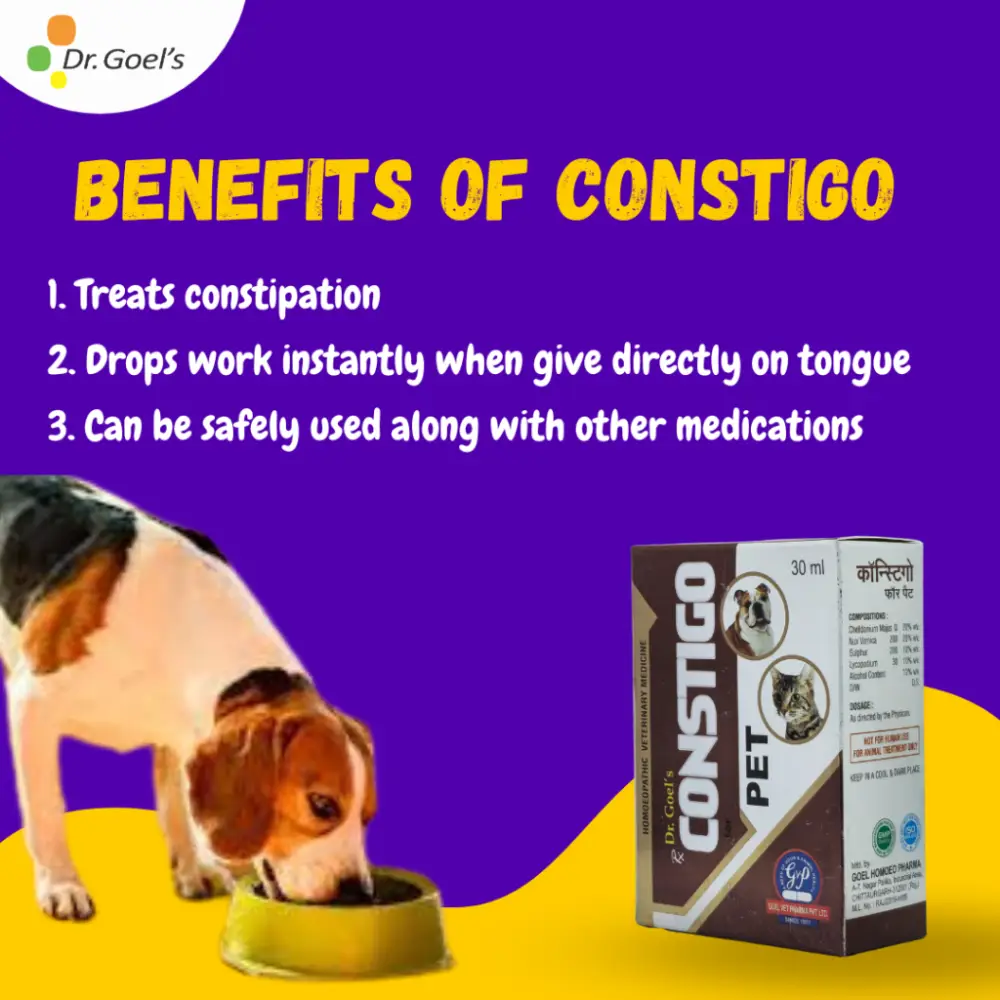

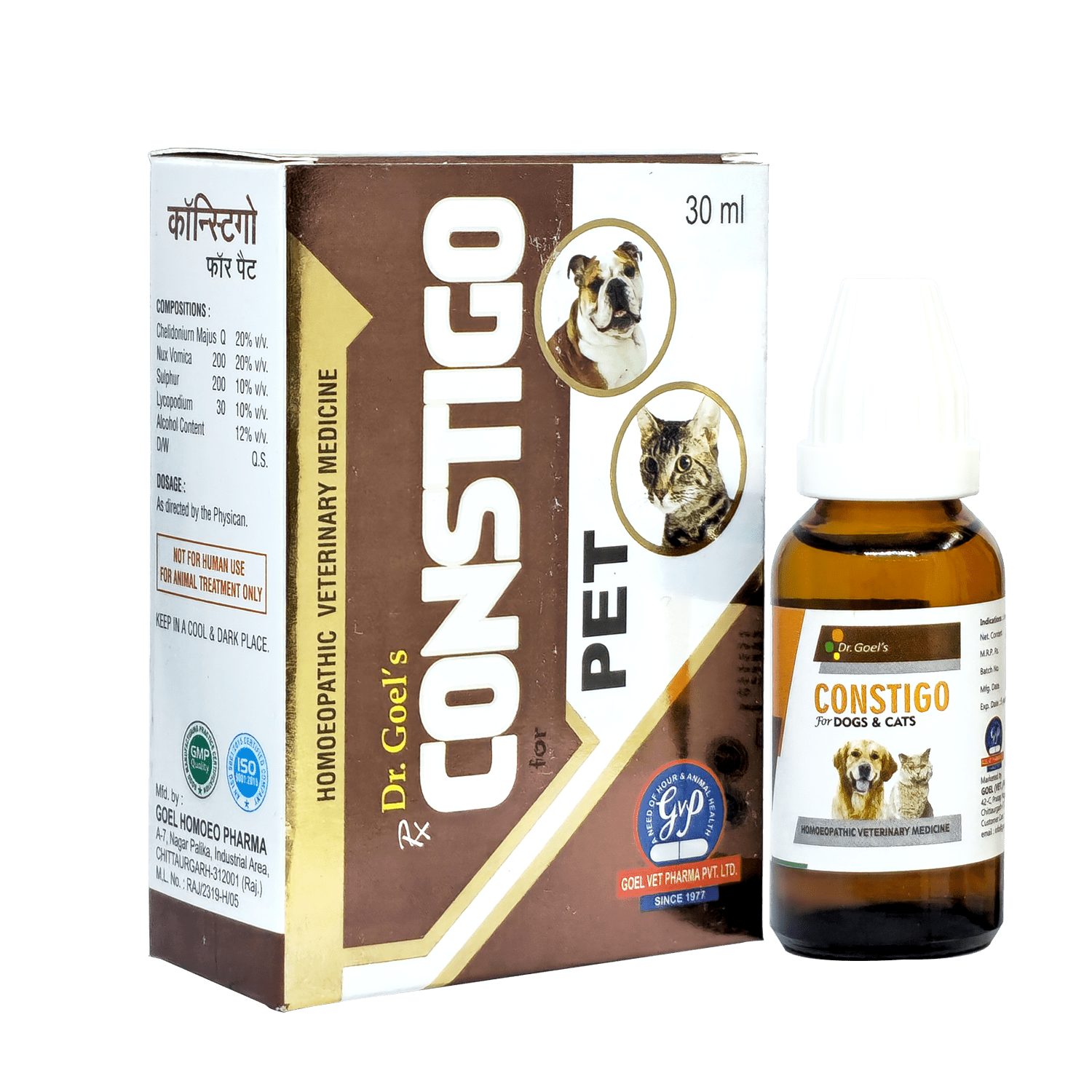
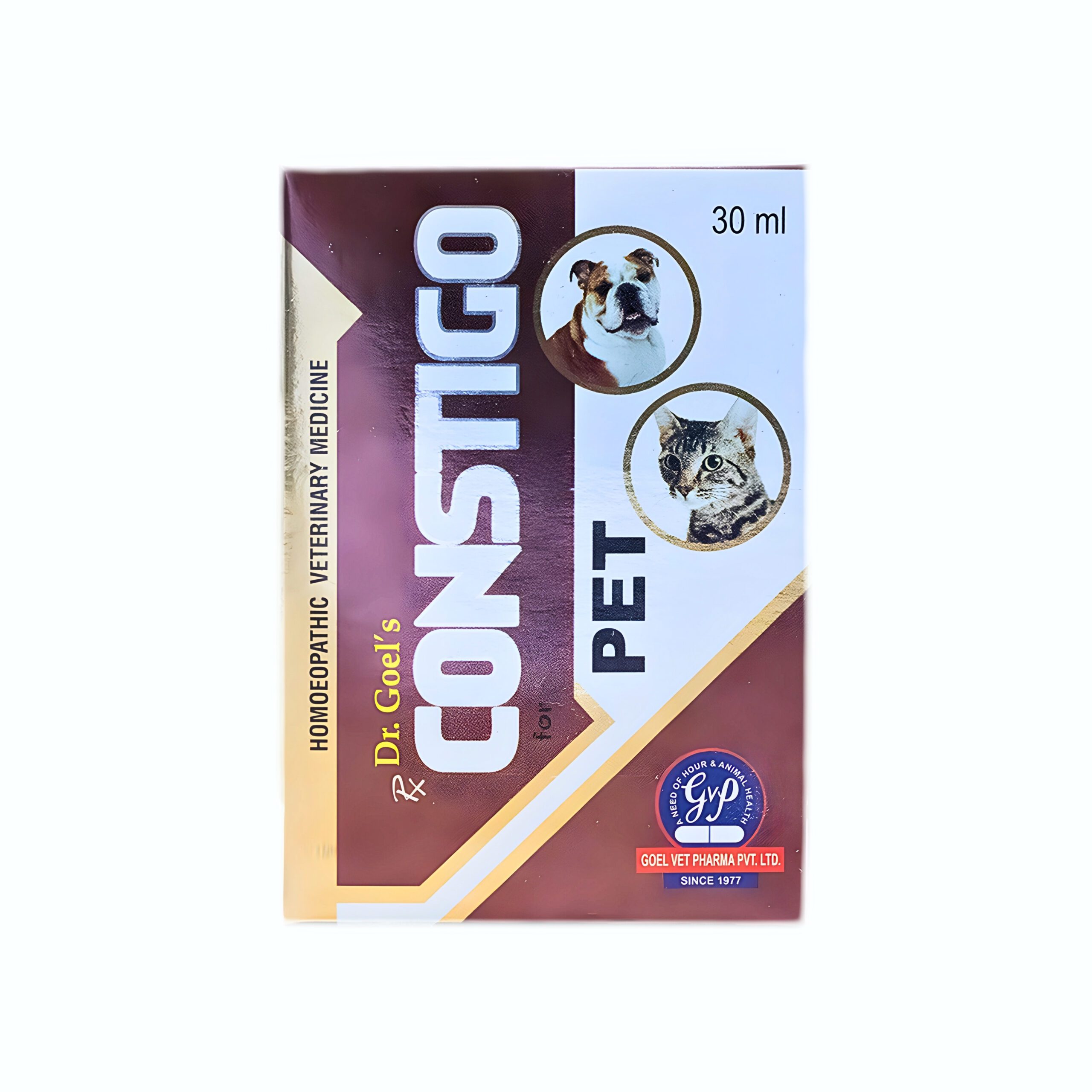
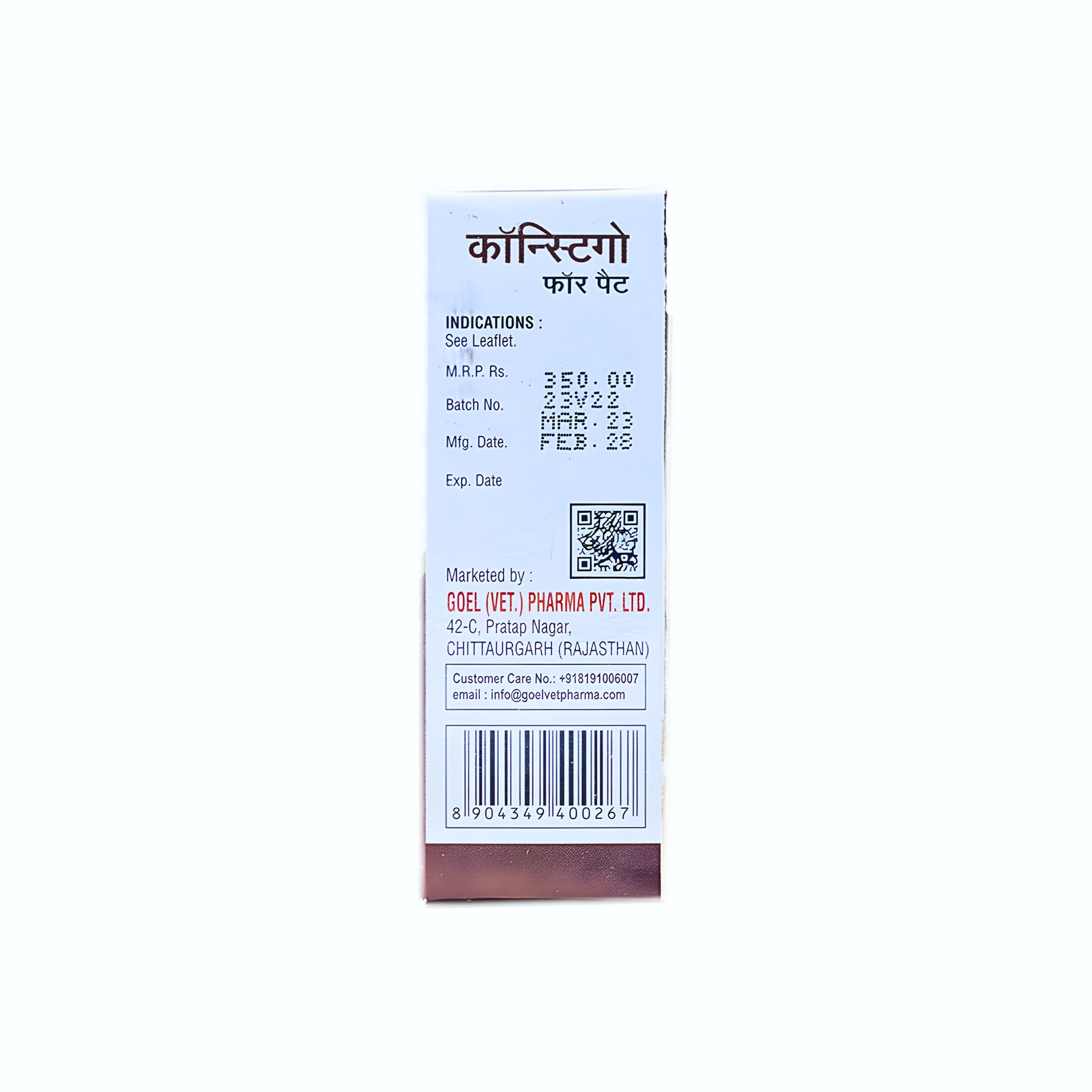
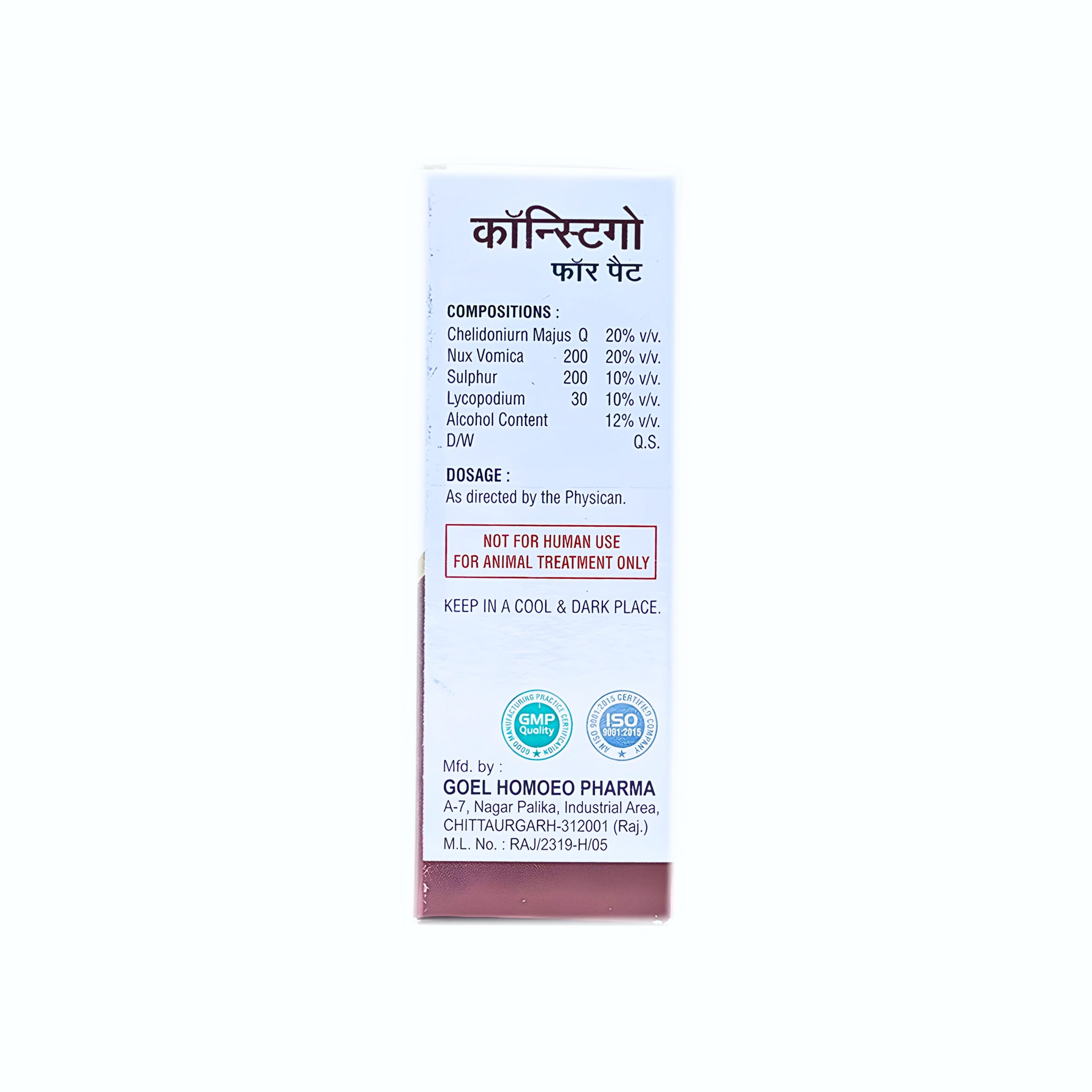
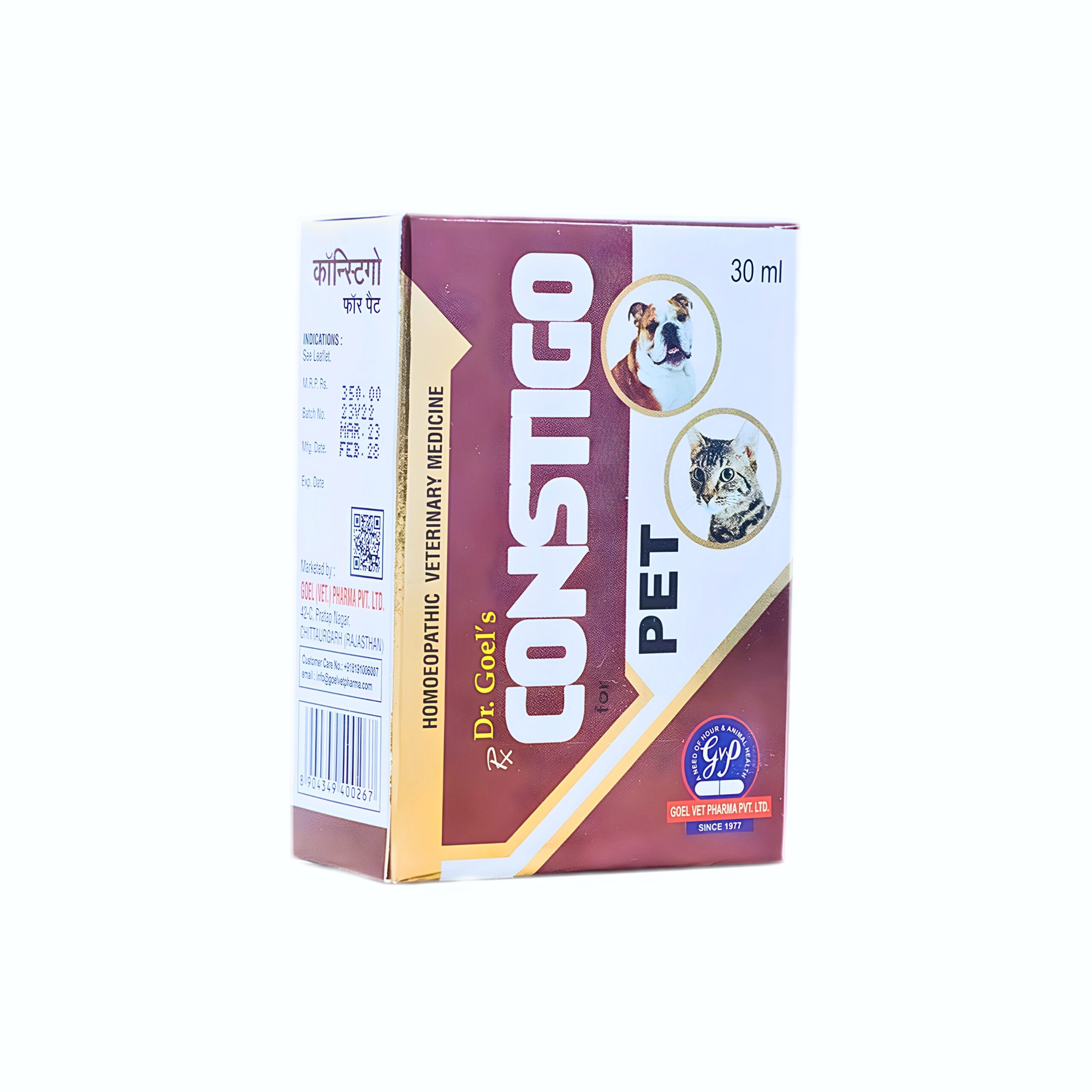
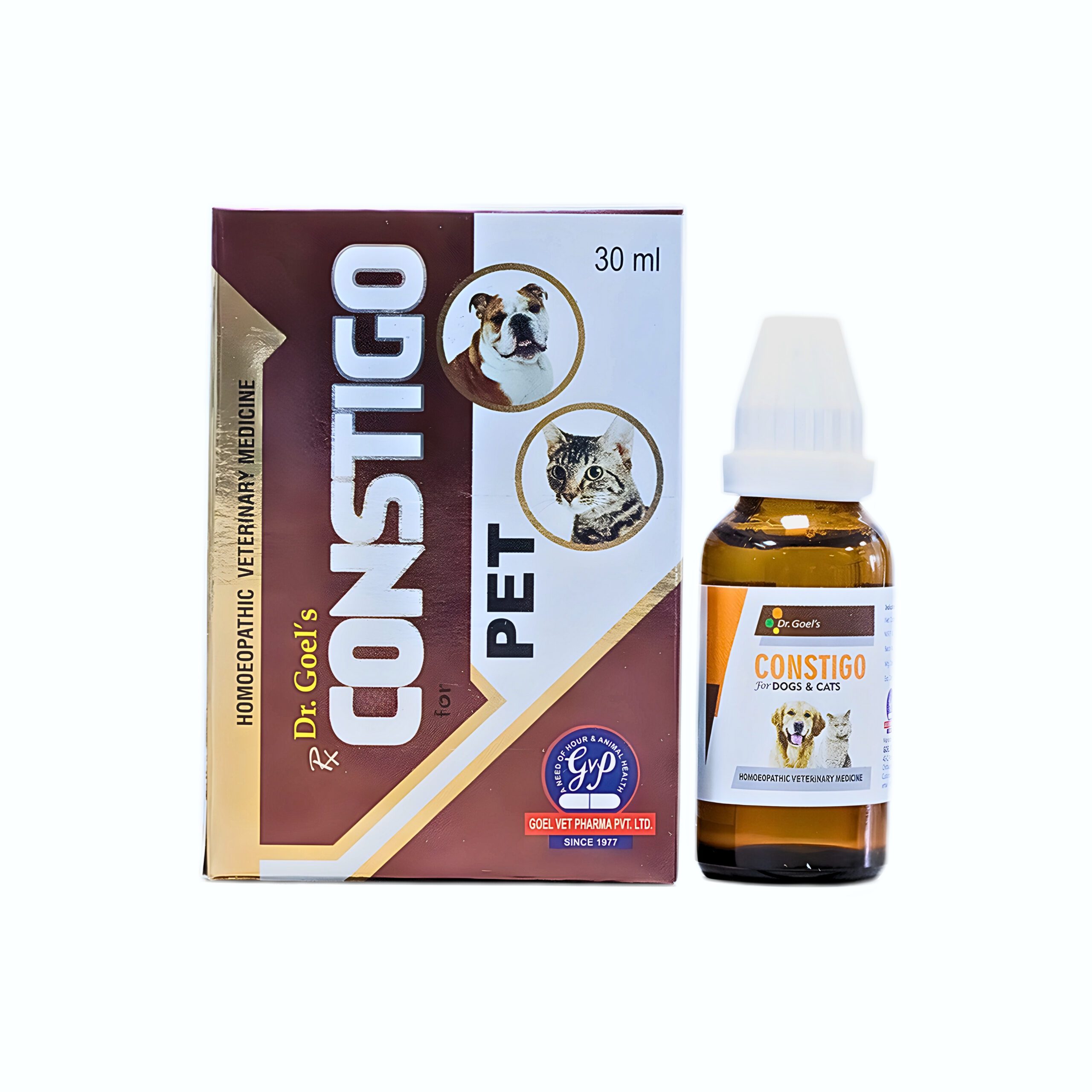
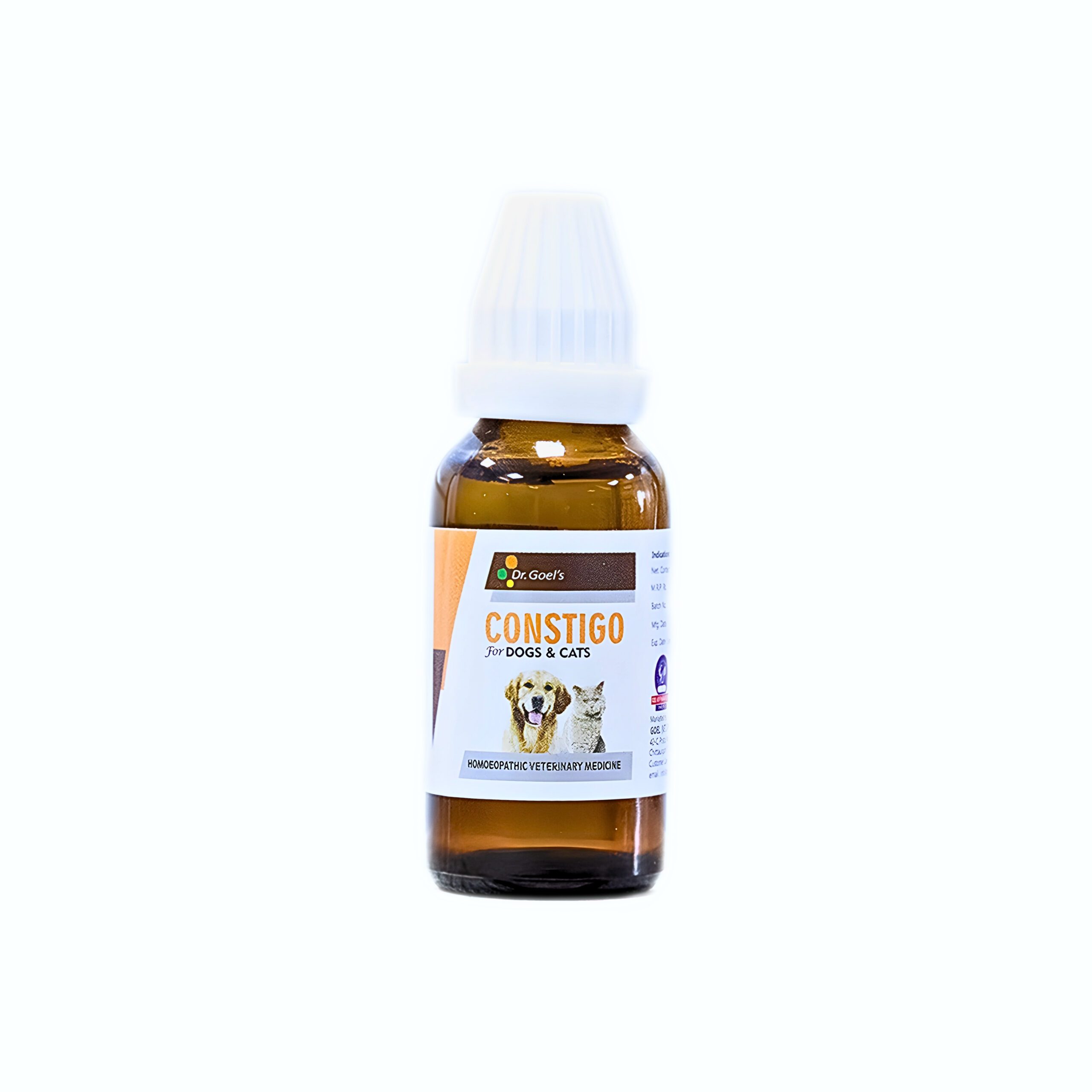
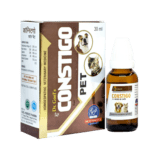
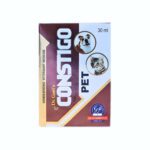
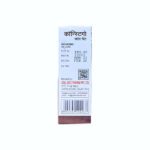
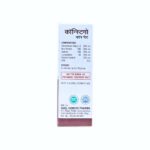
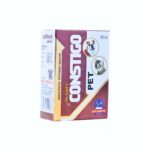
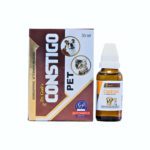
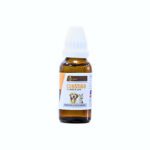





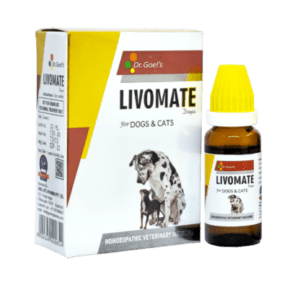
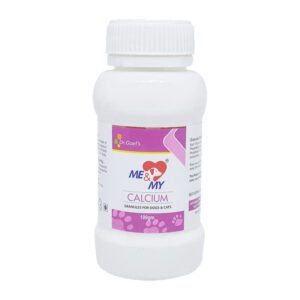
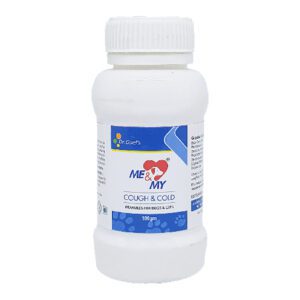

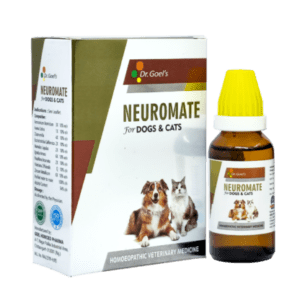
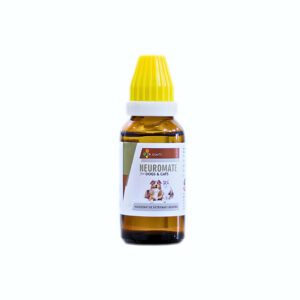
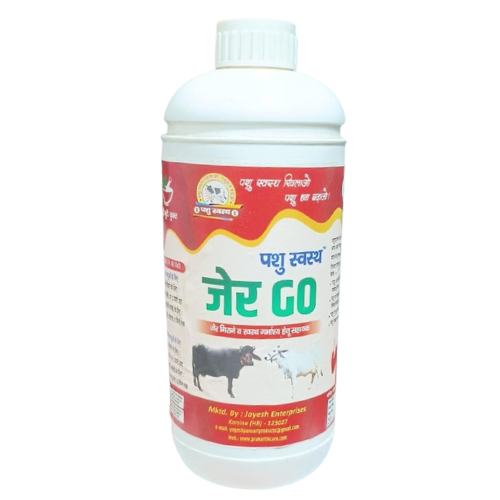

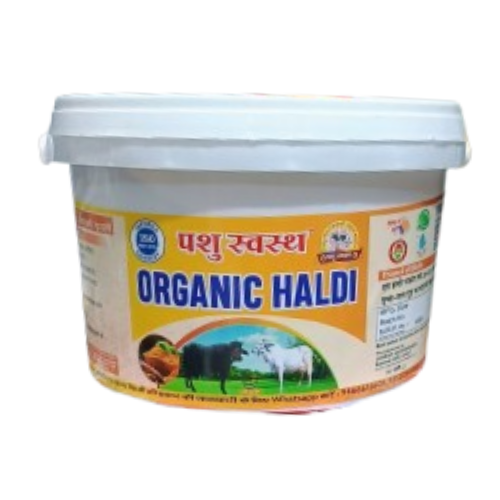
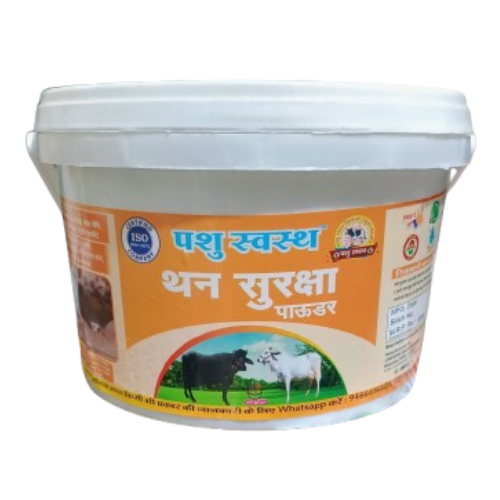
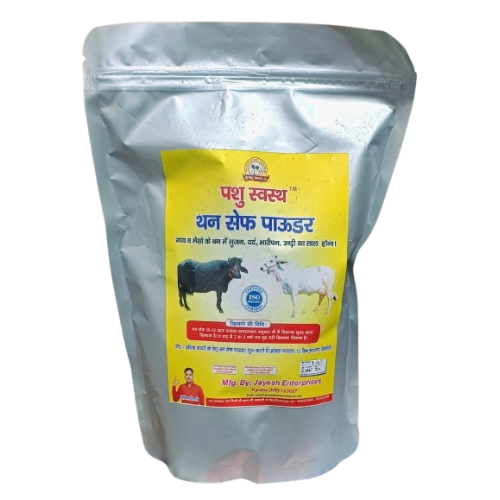

Reviews
There are no reviews yet.